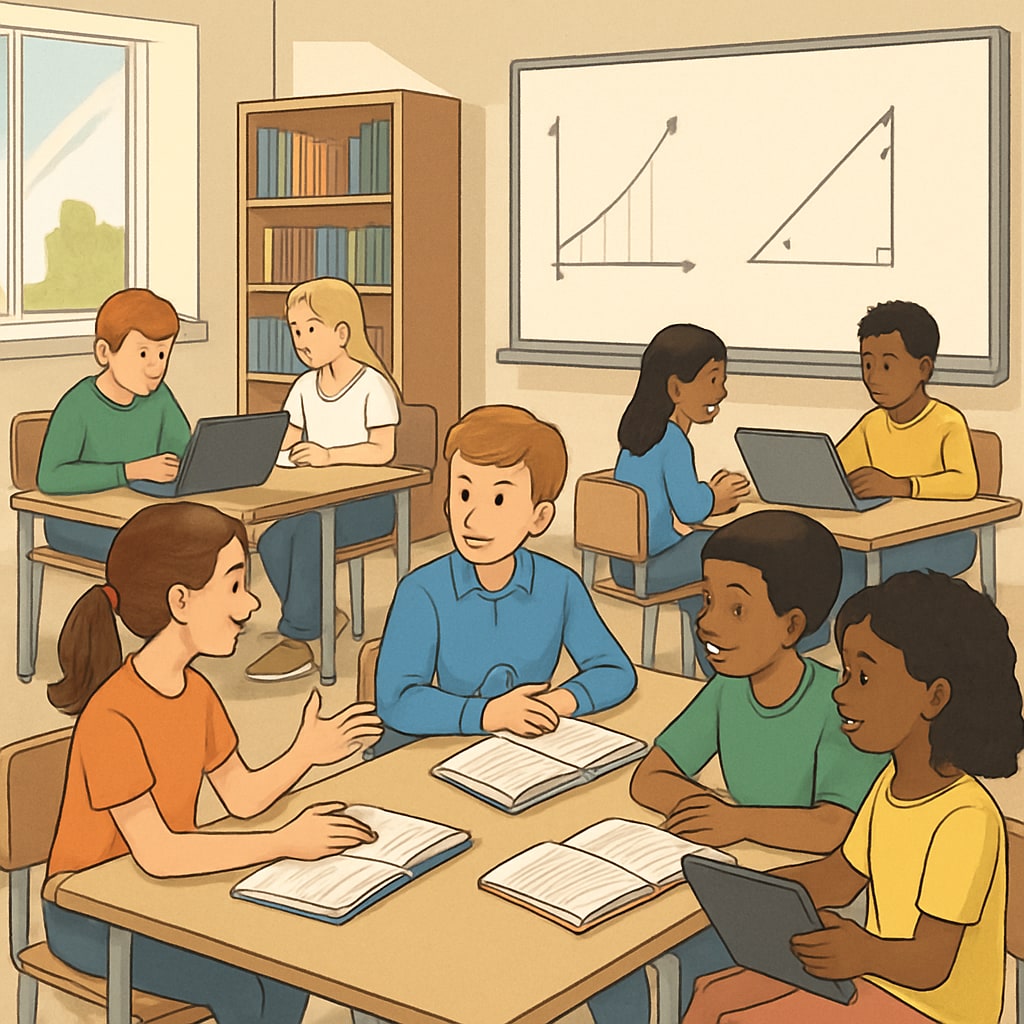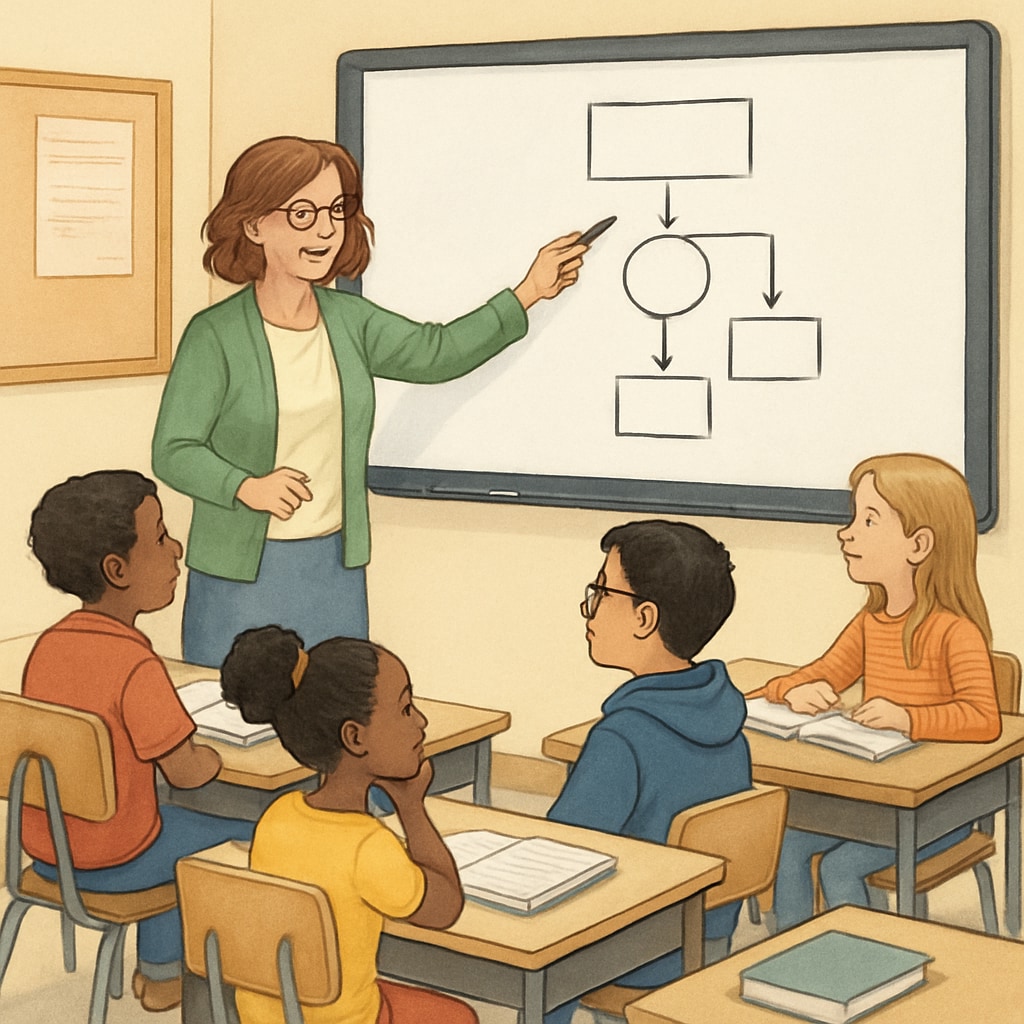In the ever-evolving landscape of education, identifying effective learning methods has become a priority for educators, parents, and students alike. A groundbreaking research project aims to decode the secrets behind successful learning strategies for K-12 students. This initiative not only addresses the challenges of traditional study techniques but also seeks innovative solutions through collaborative efforts. By participating in this project, stakeholders can contribute to reshaping educational practices and fostering a generation of lifelong learners.
Understanding the Need for Research in Learning Methods
Education systems around the world face persistent challenges in adapting to the diverse needs of students. Traditional learning methods often fail to cater to varying learning styles, leaving many students disengaged. According to a study on education by Britannica, understanding how students learn best can significantly improve their academic performance and personal growth.
For instance, some students excel with visual aids, while others benefit from hands-on activities. This diversity highlights the importance of a tailored approach. The current research project aims to gather data on these preferences through detailed survey forms and observational studies. By analyzing this data, educators can devise strategies that align with the unique needs of K-12 learners.

Current Challenges and Opportunities in Learning Methods
Despite advancements in technology and pedagogy, many students still struggle with outdated study techniques. Some of the common issues include:
- Overreliance on rote memorization.
- Lack of engagement due to monotonous teaching methods.
- Limited access to personalized learning resources.
However, these challenges also present opportunities for innovation. For example, integrating gamification into the curriculum can make learning more engaging. Similarly, adaptive learning platforms can provide real-time feedback to students, helping them address their weaknesses effectively. The ongoing research project seeks to explore these possibilities and more, encouraging collaboration among educators, parents, and students.
As a result, schools can transition from one-size-fits-all approaches to dynamic, student-centered models. For more on this topic, check out this comprehensive overview of learning theories on Wikipedia.

How You Can Contribute to the Research Project
The success of this initiative depends on active participation from the community. Whether you are an educator, parent, or student, your insights are invaluable. Here’s how you can get involved:
- Complete the survey forms provided by the research team.
- Share your personal experiences with learning methods that worked (or didn’t work).
- Encourage students to participate in focus groups or interviews.
By contributing, you play a vital role in shaping the future of education. This collaborative effort aims to create a repository of best practices that can be shared globally, ensuring that every student has access to effective learning strategies.
Looking Ahead: The Impact of Innovative Learning Strategies
The findings from this research project have the potential to revolutionize education. Imagine classrooms where every student is engaged, motivated, and thriving. Innovative learning strategies can bridge the gap between theory and practice, making education more relevant and impactful. Moreover, these methods can prepare students for the demands of a rapidly changing world, equipping them with skills like critical thinking, creativity, and adaptability.
In conclusion, this research project on effective learning methods is not just an academic exercise; it is a call to action. By understanding and addressing the challenges faced by K-12 students, we can pave the way for a brighter, more inclusive educational future.
Join the conversation and be part of this transformative journey—because education is everyone’s responsibility.


